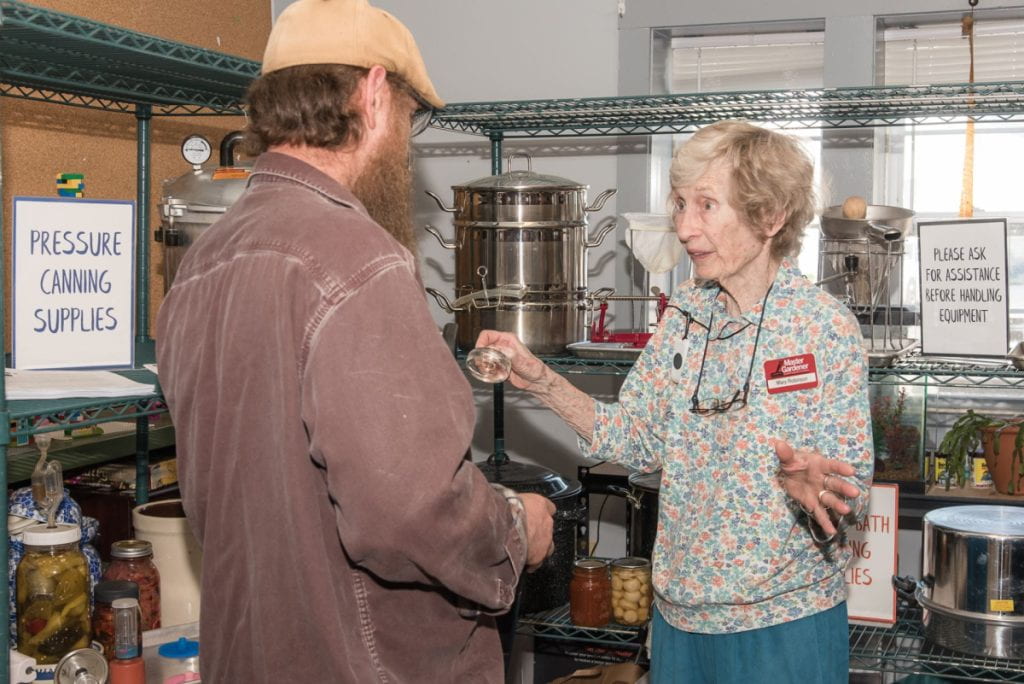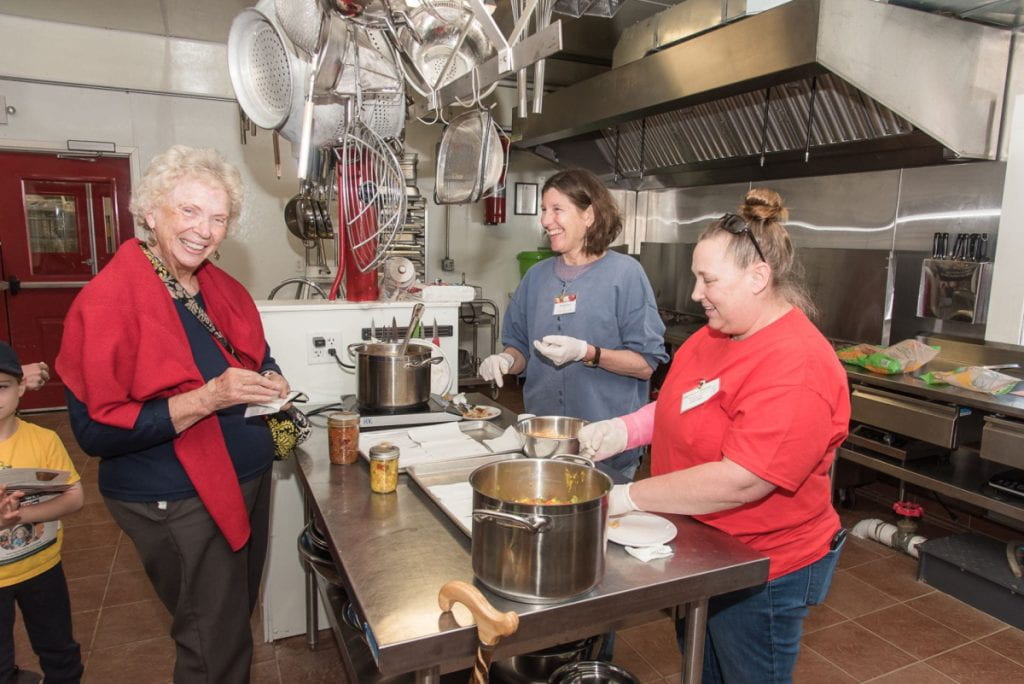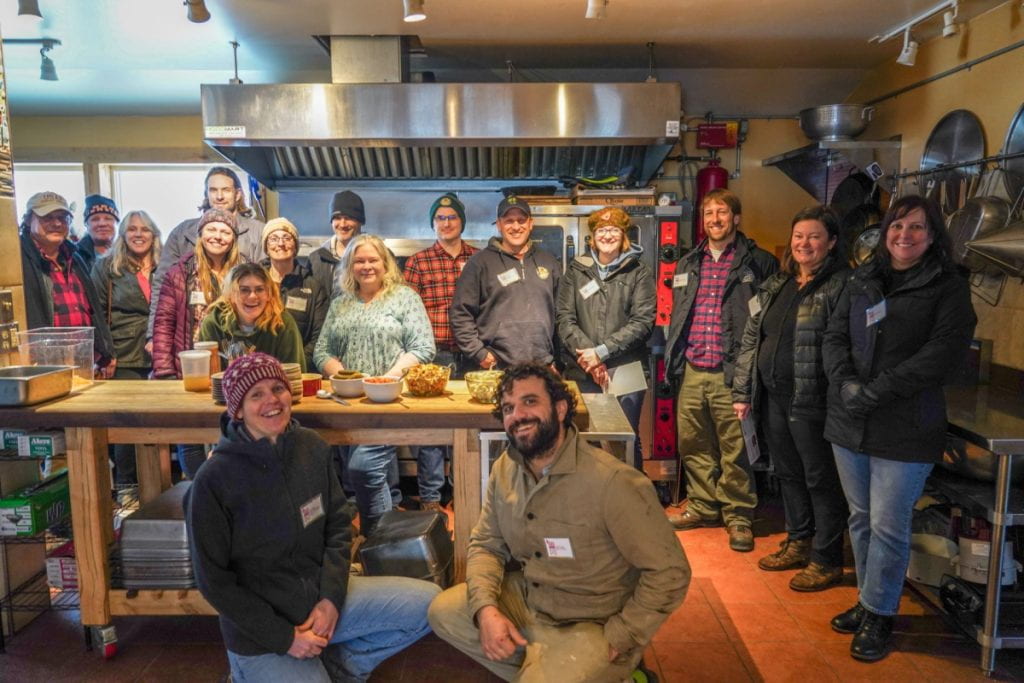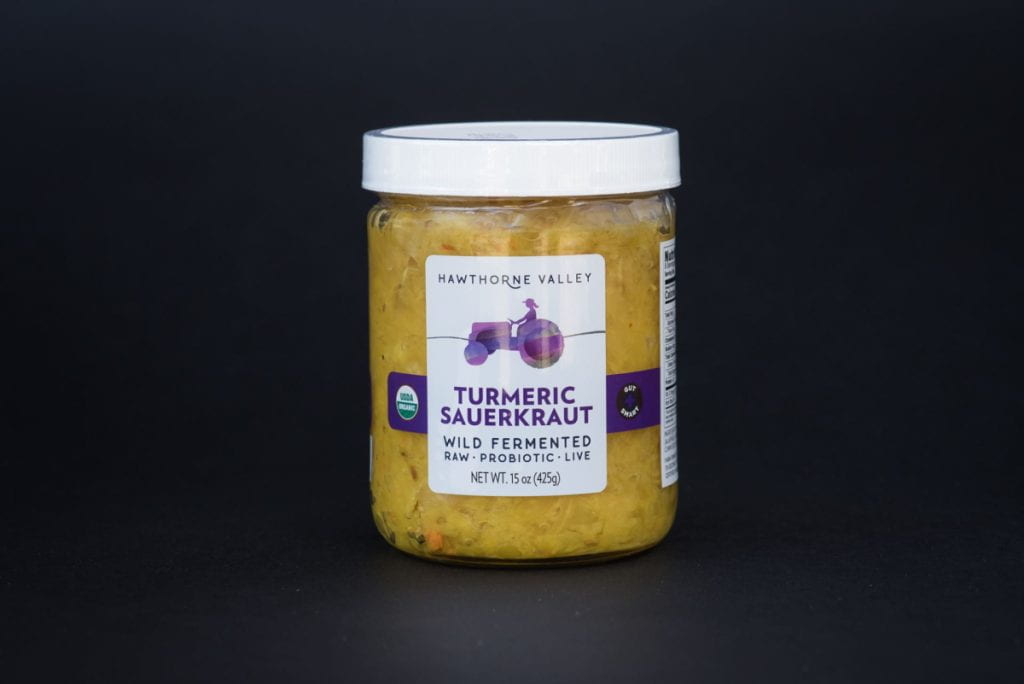Within minutes to the end of a workday, my energy was waning when the phone rang and the caller ID said Denver, Colorado. The person asked for me by name and then shared some lovely news. She was so tickled by the idea of our Canning Jar Drive, she went online, ordered new jars, and had them delivered directly to the Extension Learning Farm! She has family in the North Country and they love participating in Extension programming. I was touched by her generosity and after chatting for a few minutes, I set the phone down.
Two minutes later, the phone rang again. It was an elderly gentleman in Chase Mills. He said he and his wife had canned and preserved food for decades and now they were ready to pass on the supplies to others to carry on the tradition. He planned to drop off the canning supplies when he was next in Canton for an appointment.
These calls happened within minutes and energized me! They are fabulous examples of the thoughtfulness and care in our community, and showcase creative ways to participate in this brand new activity at Cornell Cooperative Extension of St. Lawrence County.
Just like these generous callers, you too can support the preservation programming offered by our Extension educators and Master Food Preserver volunteers by participating in the Canning Jar Drive. Our preservation workshops are hands-on and offered in a sliding scale format where participants can choose how much to pay $10-40. Your donations will offset the costs of programming while also helping your fellow community members gain the supplies and skills to preserve foods.
How to participate in 4 easy steps
1. New or used jars welcome. Collect canning jars from your storage areas or friends and family. If you’d like to support our programming but have no jars, simply purchase a case to donate. Make sure the jars are intended for canning, such as Ball, Kerr, Bernardin, etc. All sizes welcome.
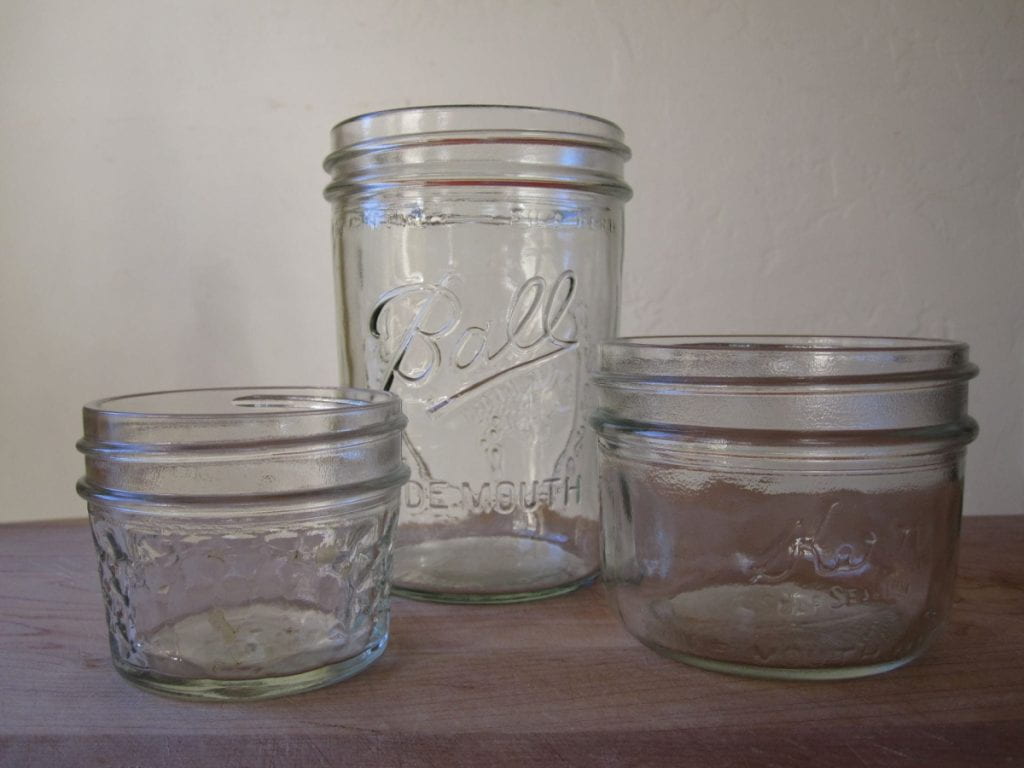
2. Drive jars to the donation site, the Extension Learning Farm in Canton. Donations are accepted anytime Monday through Friday 9am-3pm throughout the month of April.
If you want to order online and have them delivered here as in our kind caller, send to Harvest Kitchen 2043B State Highway, NY 13617.
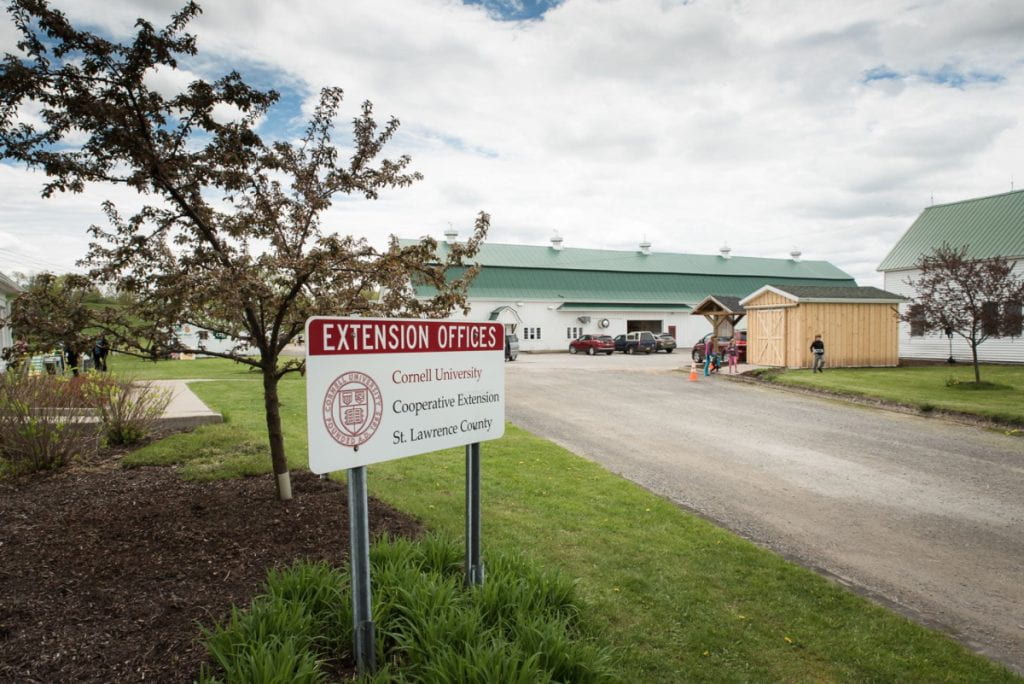
3. Deposit jars in the shed. The shed is on the right side of the driveway when pulling into the farm so it’s easy to move jars into this covered location. Read more Contributing to Future Food Preservation
